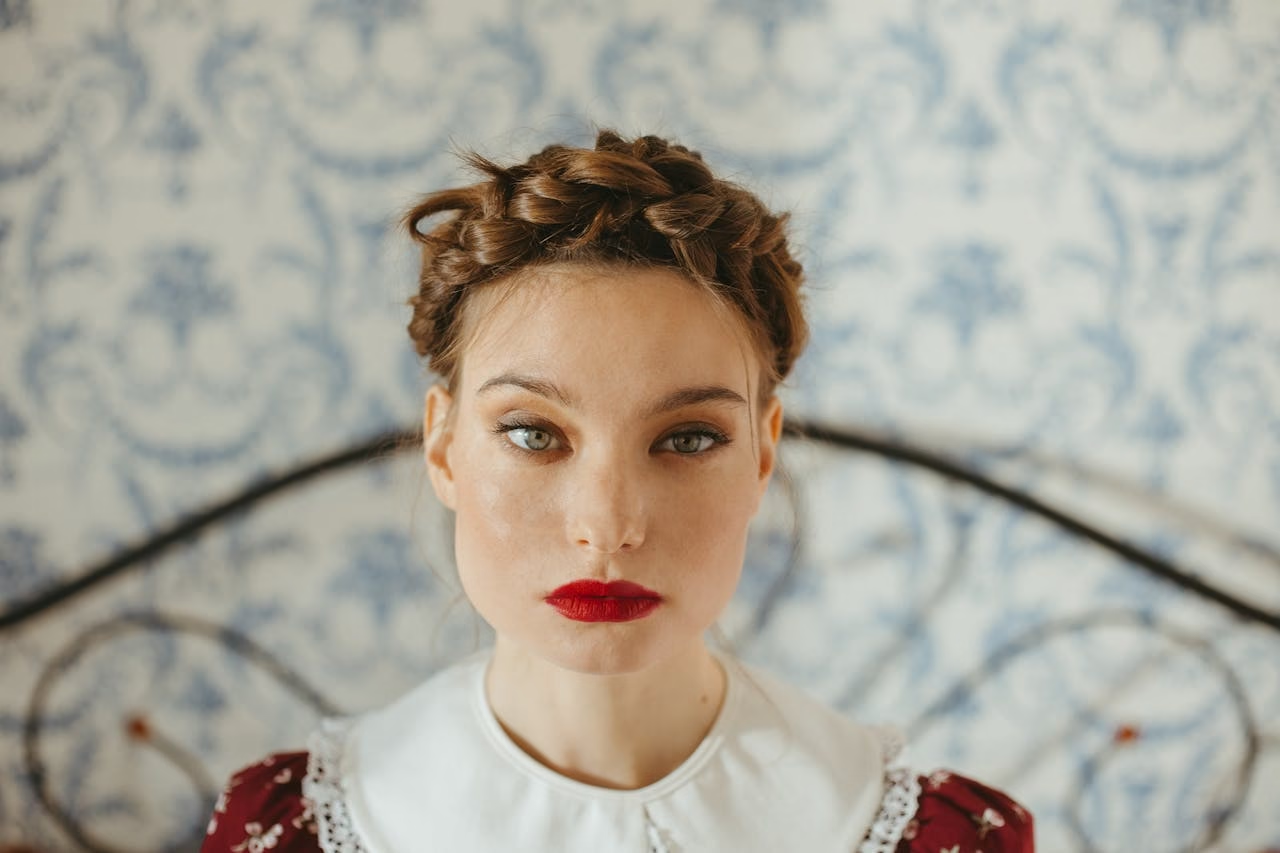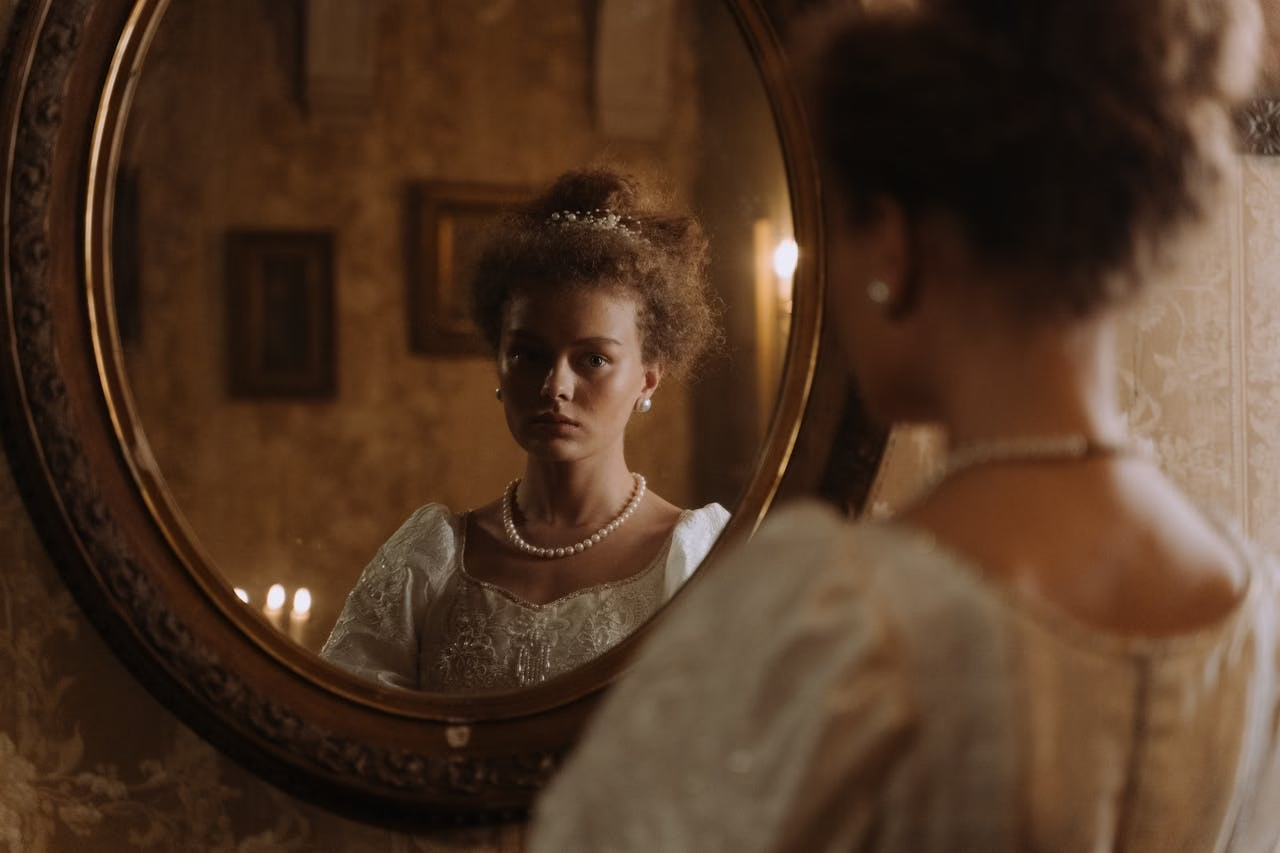Fashion has always been a reflection of society, but sometimes, the search for beauty and novelty has led to practices that put health at risk. In this article, we will explore some of themore dangerous styles that have existed throughout history and how they have affected those who followed them. Prepare to surprise you!

The corset: beauty at the cost of health
Have you ever wondered why women from past times had such tiny waist? The answer is in the infamous corsé, a garment that has gone down in history as a symbol of sensuality, but hides a dark side.Corset evolution:
- First models: Metal manufactured
- Subsequent versions: with wood inserts
- Models “flexibles” : Made with whale bone plates
The use of corset began from a very early age and, surprisingly, it was not even removed during pregnancy! This garment not only reduced the waist to a minimum and made the chest, but also caused serious health problems.Negative effects of corset:
- Displacement of internal organs
- Difficulty breathing
- Indigestion
- Dizziness
- Internal bleeding
- Hysteria states
In 1874, a list was published that affirmed the existence of at least 97 diseases related to the use of corset. Imagine! And as if this were not enough, at the beginning of the 20th century, a dancer named Sylphe popularized a corset designed to convert the female silhouette into a s, something extremely harmful to the spine.
Extreme piercings: when fashion hurts
If you thought modern piercings were extreme, wait to know this trend that arose among the young people of England. It consisted of performing multiple back in the back to pass cross slats, imitating the effect of a corset. Despite pain and discomfort, hundreds of young people joined this fashion. Oh!
Mortal colors: nineteenth -century toxic fashion
In the nineteenth century, the clothes were not only uncomfortable, it could also be lethal! The colors used to dye fabrics were, mostly, highly toxic.The dangerous emerald green:
- It contained arsenic
- Caused skin wounds
- Caused inflammation
- In extreme cases, he could lead to death
Despite these risks, the women of the Victorian era seemed not to give importance. Beauty, apparently, was worth more than health.
Blinding beauty: the use of Belladona
Not only was the clothes dangerous. The European nobles had the habit of throwing Belladona in their eyes to get a more expressive look. Although the toxic properties of this plant were known since ancient times, this did not stop women in their search for beauty.Effects of the use of Belladona in the eyes:
- Vision problems
- Possibility of permanent blindness

Flammable skirts: fashion that burned
Between 1850 and 1870, the frames were made fashionable under the skirts to give them a great volume. The more voluminous the skirt was, the more fashion the outfit was considered. However, this trend brought with it a deadly danger: the high risk of fire.Dangers of voluminous skirts:
- Easy ignition near Fire Fountains (chimneys, candles, kitchens)
- Difficulty escaping once the skirt set fire
According toThe New York Times, in 1858 Crinolins caused an average of three deaths per week. Among the famous victims of this fashion are the wife of the poet Henry Wadsworth Longfellow, the archduke Matilde of Austria and two stepsisters of Oscar Wilde.
Final reflections: Has something changed?
After this tour of some of the most dangerous fashions in history, it is worth asking: have we learned the lesson? Although today trends are not usually so extreme, there are still beauty practices that can put our health at risk.Currently potentially dangerous fashions:
- Extreme aesthetic surgeries
- Restrictive diets
- Excessive use of chemicals in hair and skin
From Serguei We see very important to remember that fashion must be a form of expression and not a threat to our well -being. The next time you are following a trend, ask yourself: am I putting my health at risk for fashion?
In conclusion, history shows us that the line between fashion and health has often blurred. It is the responsibility of each of us to find a balance between looking good and staying healthy. After all, what is the use of being fashionable if we are not here to enjoy it?

